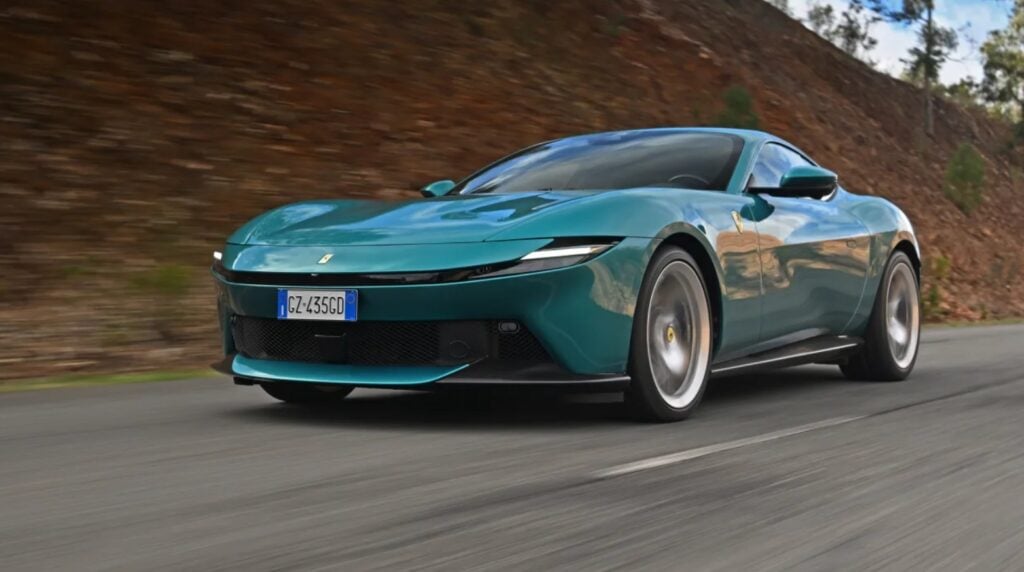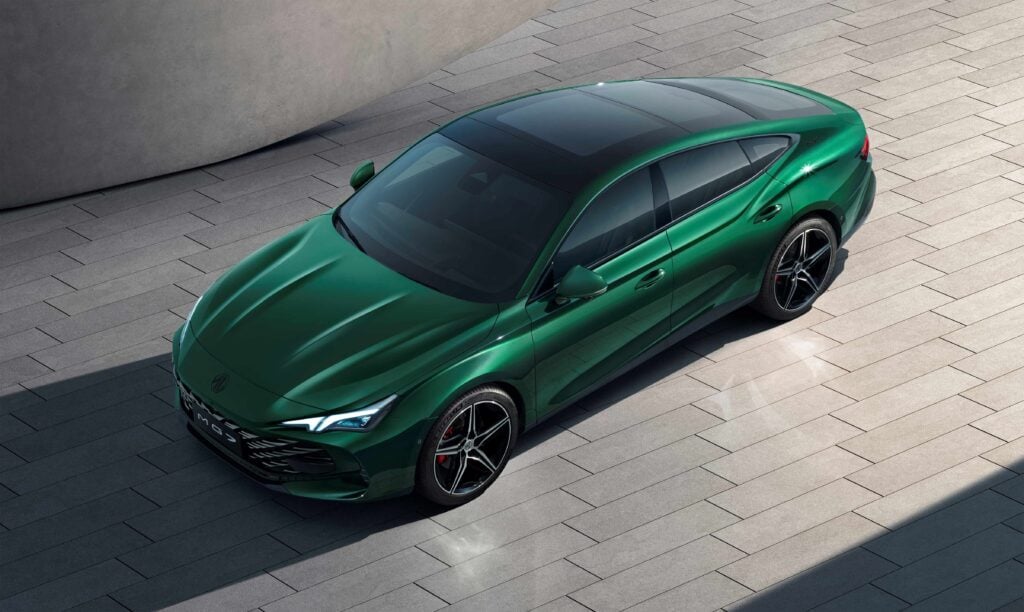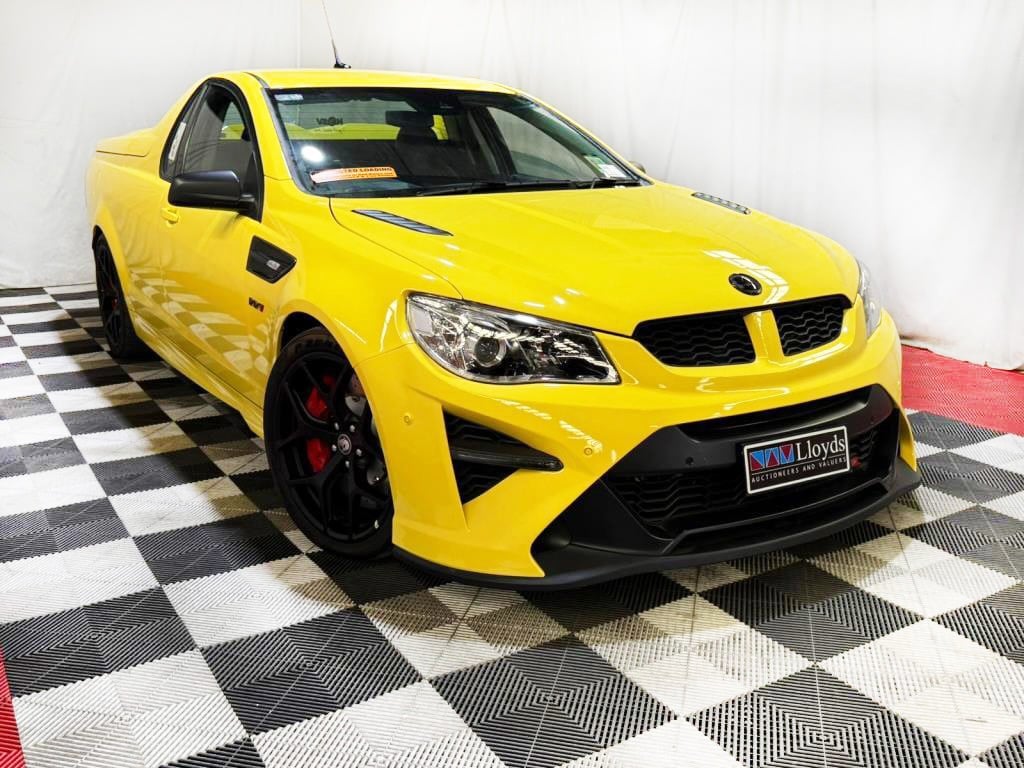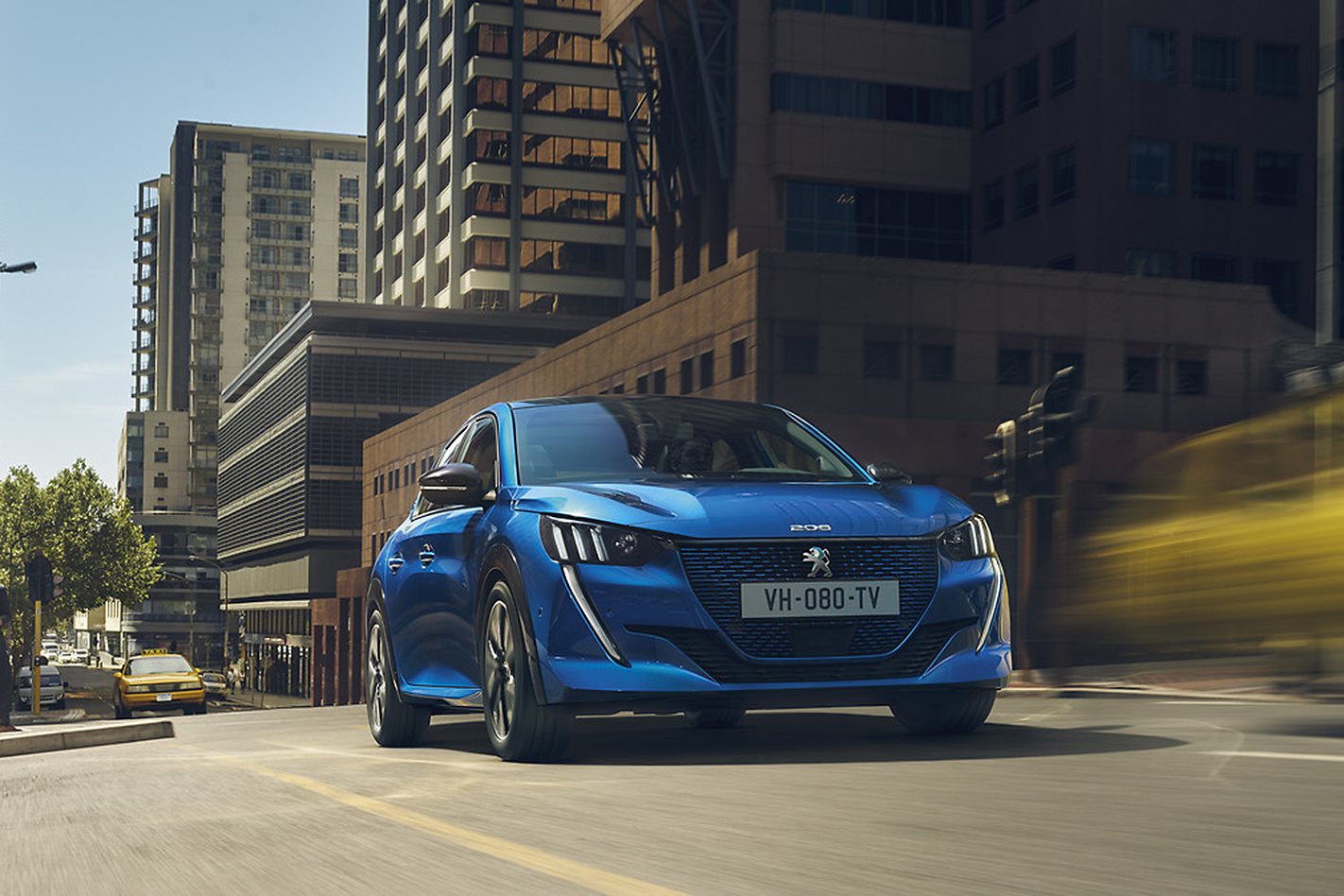
Peugeot’s light hatch is undergoing a metamorphic transition to take on the future with an all-electric e-208 version and the latest driver-assist technology.
The 2020 Peugeot 208 also features a bolder exterior design that includes the brand’s distinctive ‘3-claw’ headlight signature and shard-like daytime running lights, similar to the new 508 large sedan/wagon, and 3008 and 5008 SUVs.
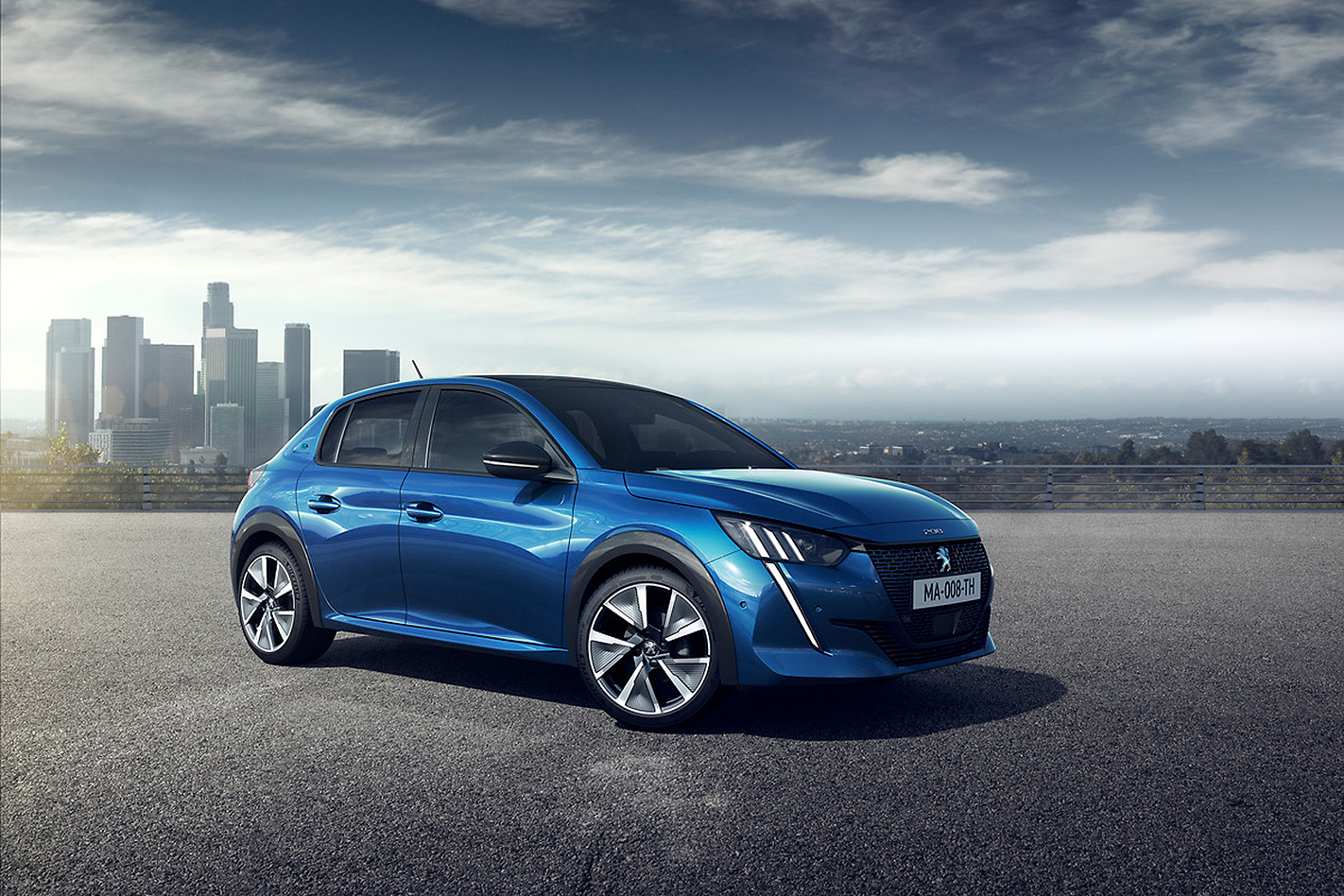
2020 Peugeot e-208
The family resemblance carries on down the back, with a black band running across the boot lid flanked by ‘3-claw’ LED tail-lights.
Inside, the all-new 208 gains its bigger siblings’ elegant trim features and Peugeot i-Cockpit system that provides a range of displays and information in the digital instrument panel.
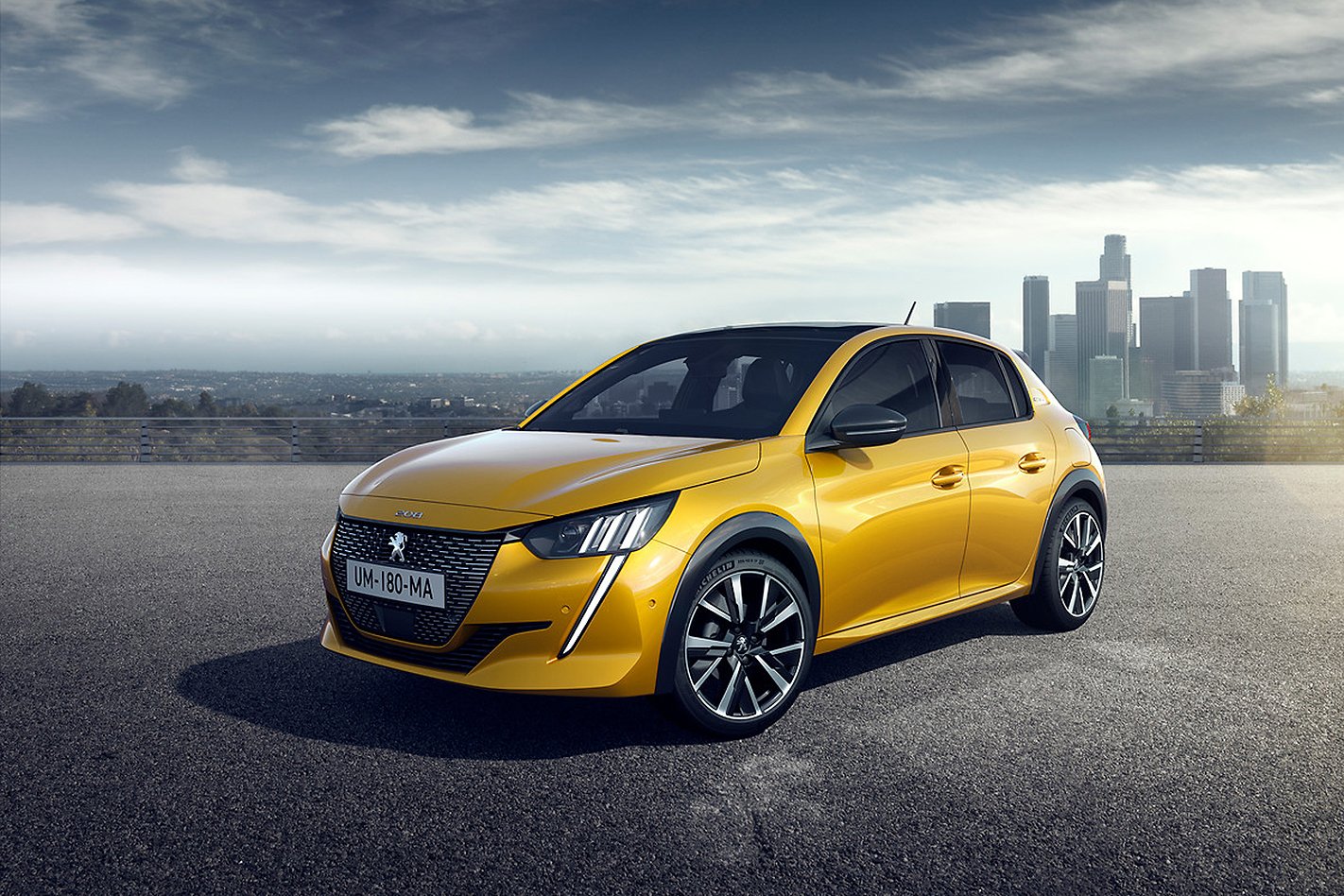
2020 Peugeot 208 GT-Line
Infotainment, which includes Apple CarPlay/Android Auto connectivity, and TomTom Traffic sat-nav, is displayed on a central touchscreen that’s either 5.0-, 7.0- or 10-inches depending on spec-levels, ranging from the entry-level Like, to the Active, Allure GT Line and GT hot hatch.
The new 208 also ups its advanced driver assistance technology, including adaptive cruise control with traffic jam Stop&Go, lane-keeping assist, parking assist, driver attention monitor, auto high-beam, speed sign recognition, and blind spot monitoring.
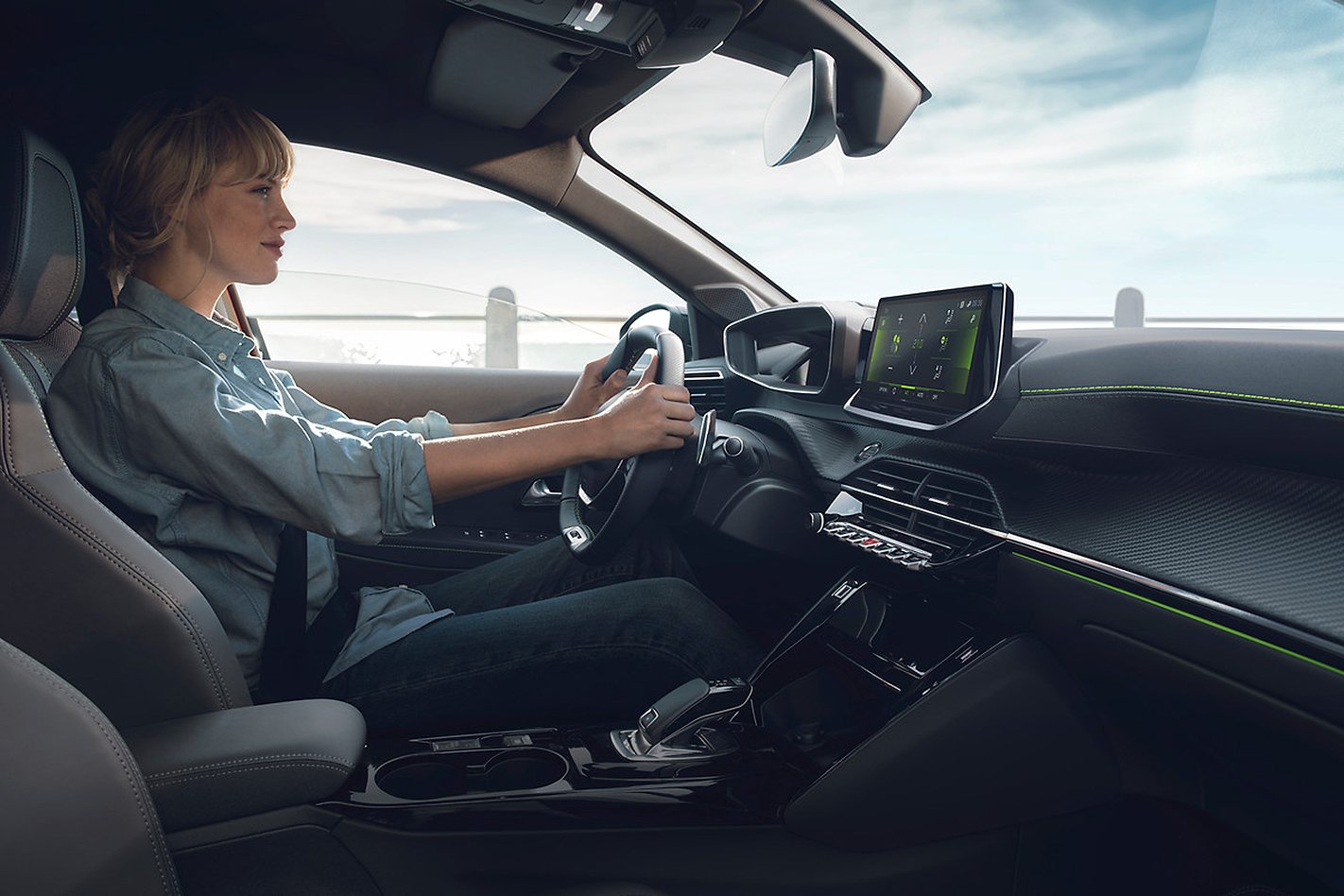
At this stage, it’s unclear which of these features will be standard across the range, though expect all versions to feature high-speed autonomous emergency braking with pedestrian and cyclist recognition.
Powertrains
According to Peugeot, the e-208 has a maximum range of 340km, which puts it on a par with the Nissan Leaf E-Plus, while almost tripling that of the Renault Zoe.
It’s powered by 50Kwh large capacity battery sending juice to 100kW motor that has a 260Nm of instant torque on tap.
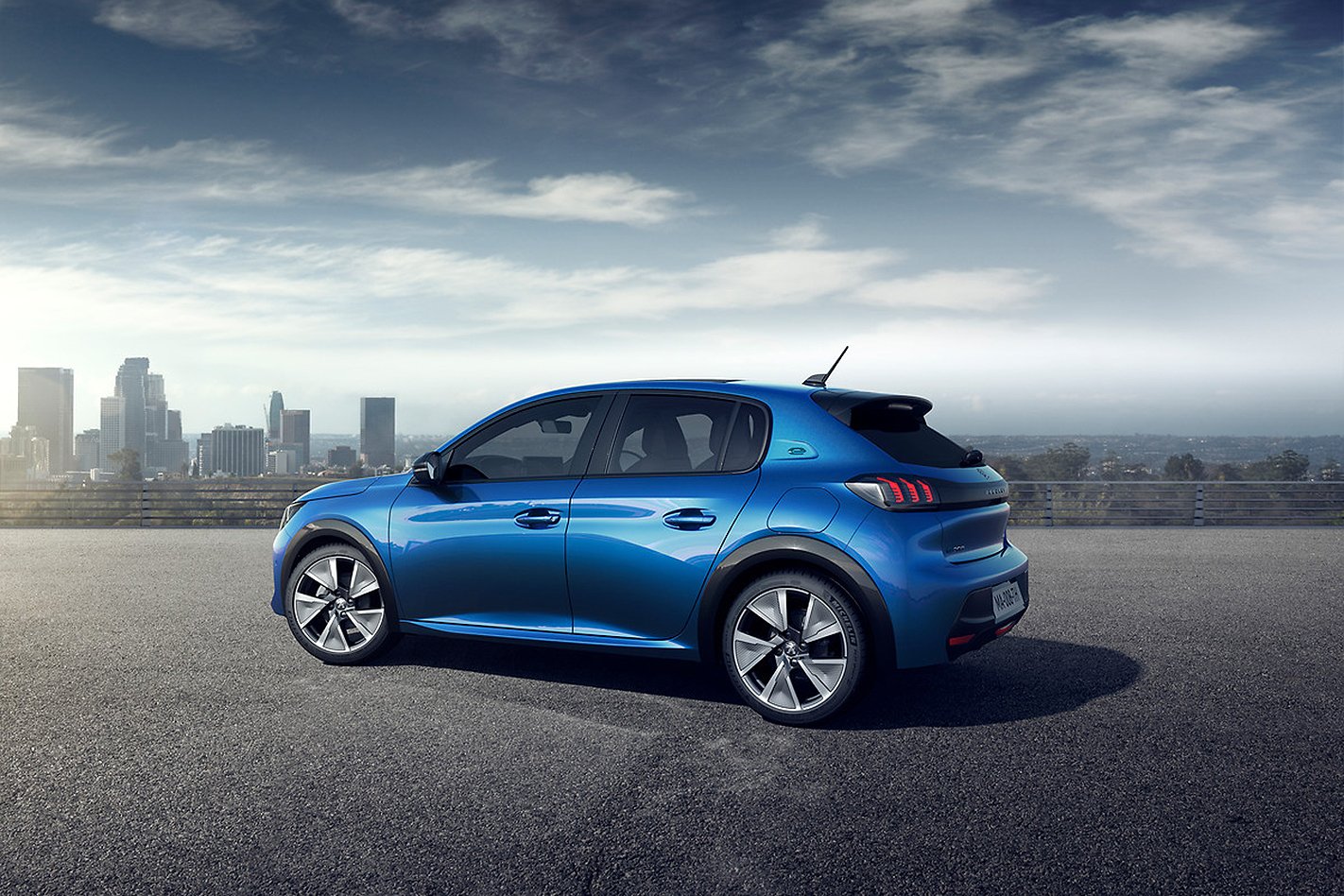
Home charging time ranges from 16 hours via a conventional domestic socket, to eight hours using a single-phase 7.4kW wall box, A three-phase setup will charge in around five hours. However, if you have access to a 100+kW DC charger, Peugeot claim an 80 per cent charge in 30 minutes.
Meanwhile, the Volkswagen Polo rival, the conventional Peugeot 208, will be available with a choice of three 1.2-litre, three-cylinder turbocharged petrol engines, producing 75kW, 100kW or 130kW, and a 100kW 1.5-litre four-cylinder turbodiesel.
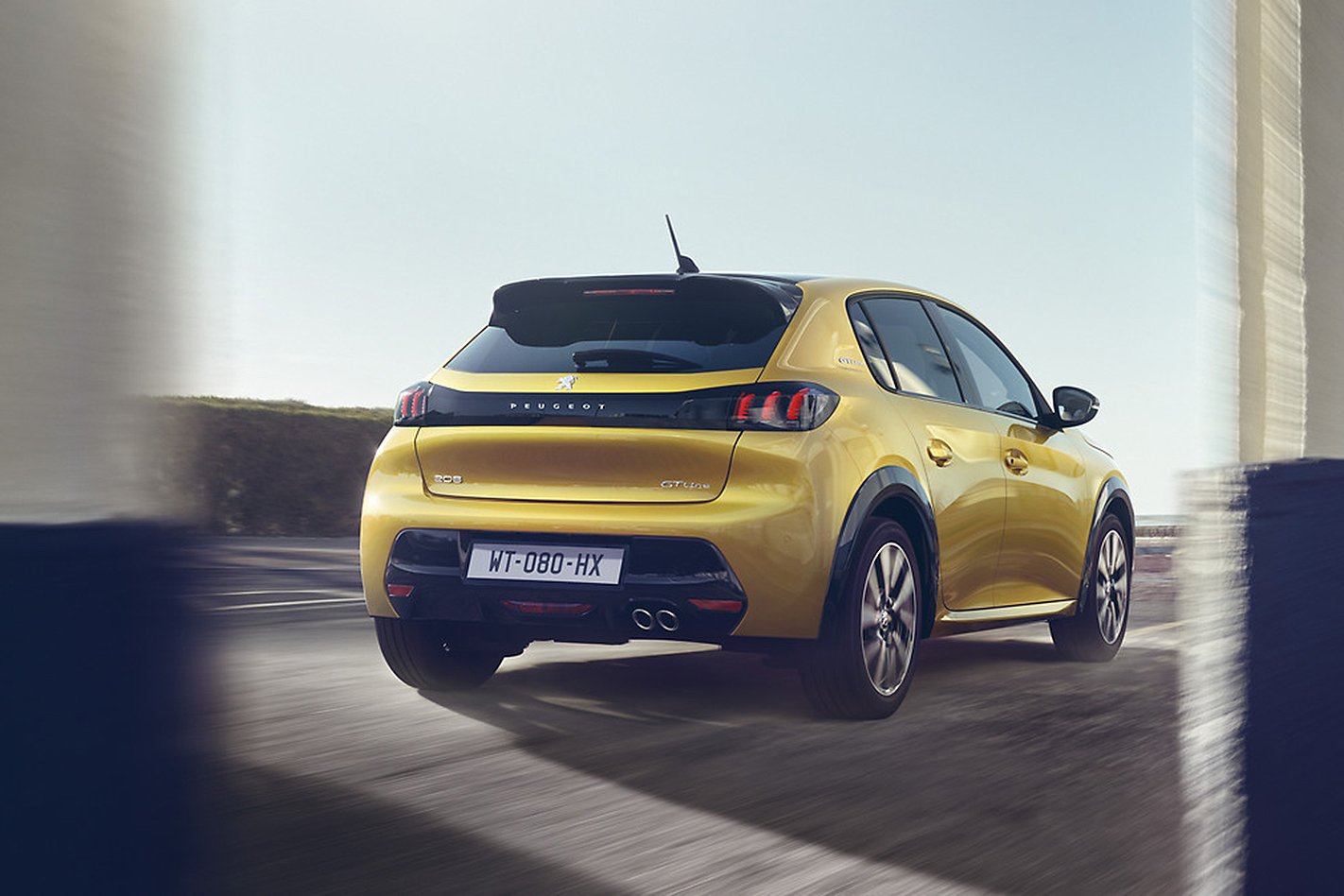
As well as hosting more efficient powertrains, Peugeot’s new Common Modular Platform (CMP) is designed to reduce emissions by being 30kg than current models‘ F1 underpinnings, while also having a more aerodynamic underside.
Peugeot is yet to release fuel economy figures, with full specifications for each version to be revealed the official unveiling at the next month’s Geneva Motor Show.
The Peugeot 208 and e-208 will go on sale in Europe during the third quarter of this year, with European customers able to reserve and eventually order and make a down payment online.
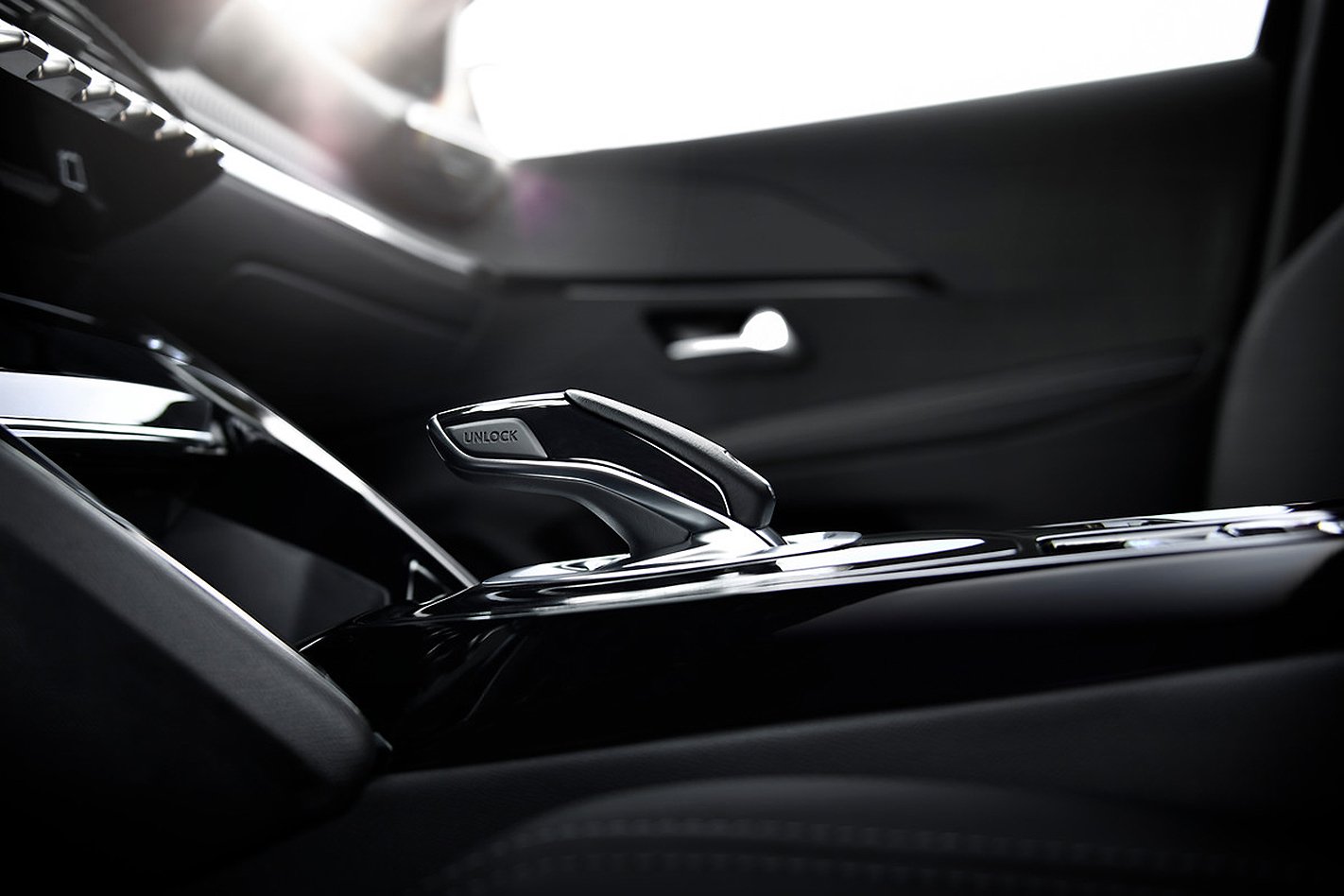
A Peugeot Australia spokesman told WhichCar.com.au it is still too soon to confirm if both the e-208 and 208 will be coming to Australia, adding that any local launch won’t be till well into 2020.


